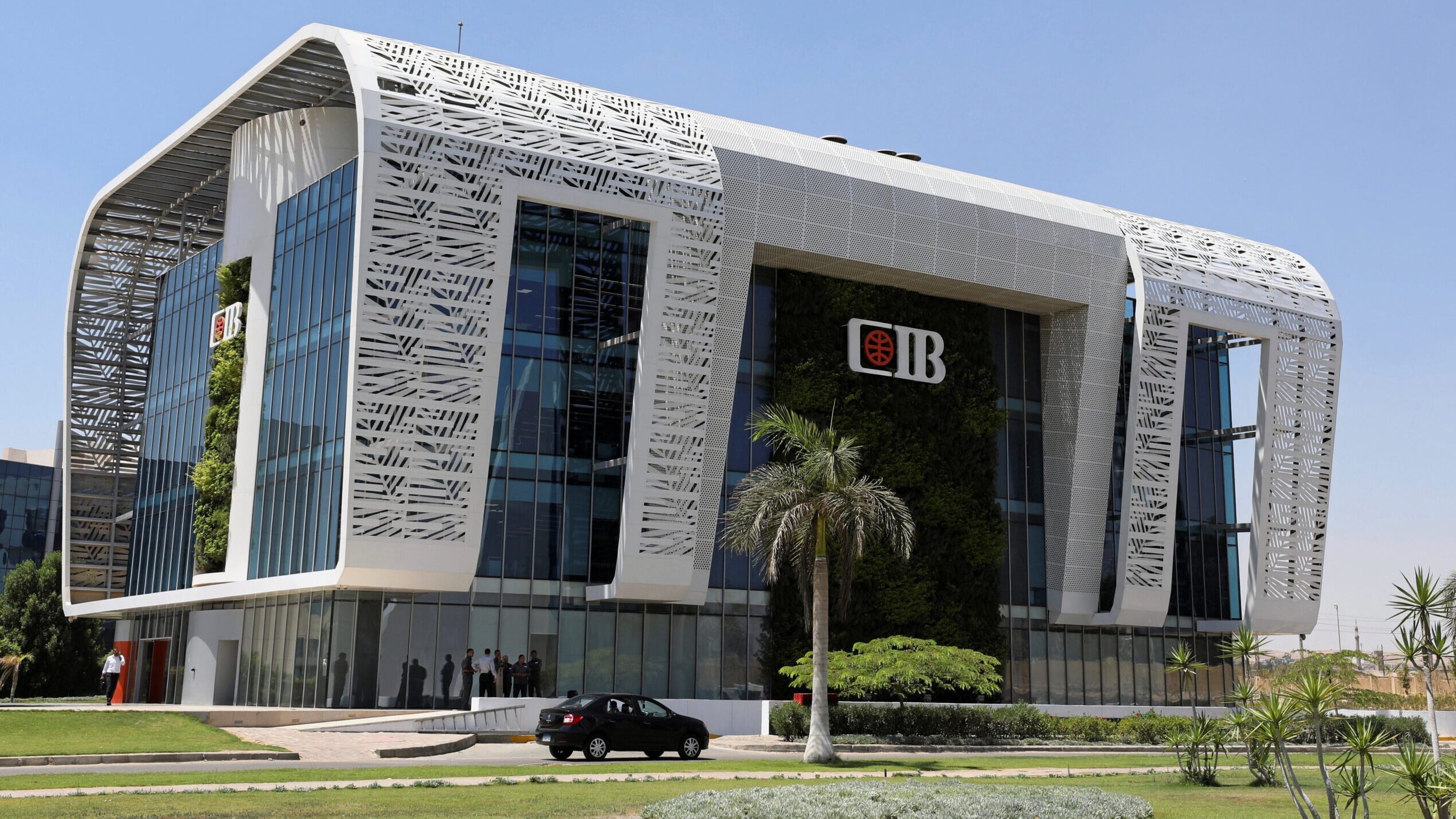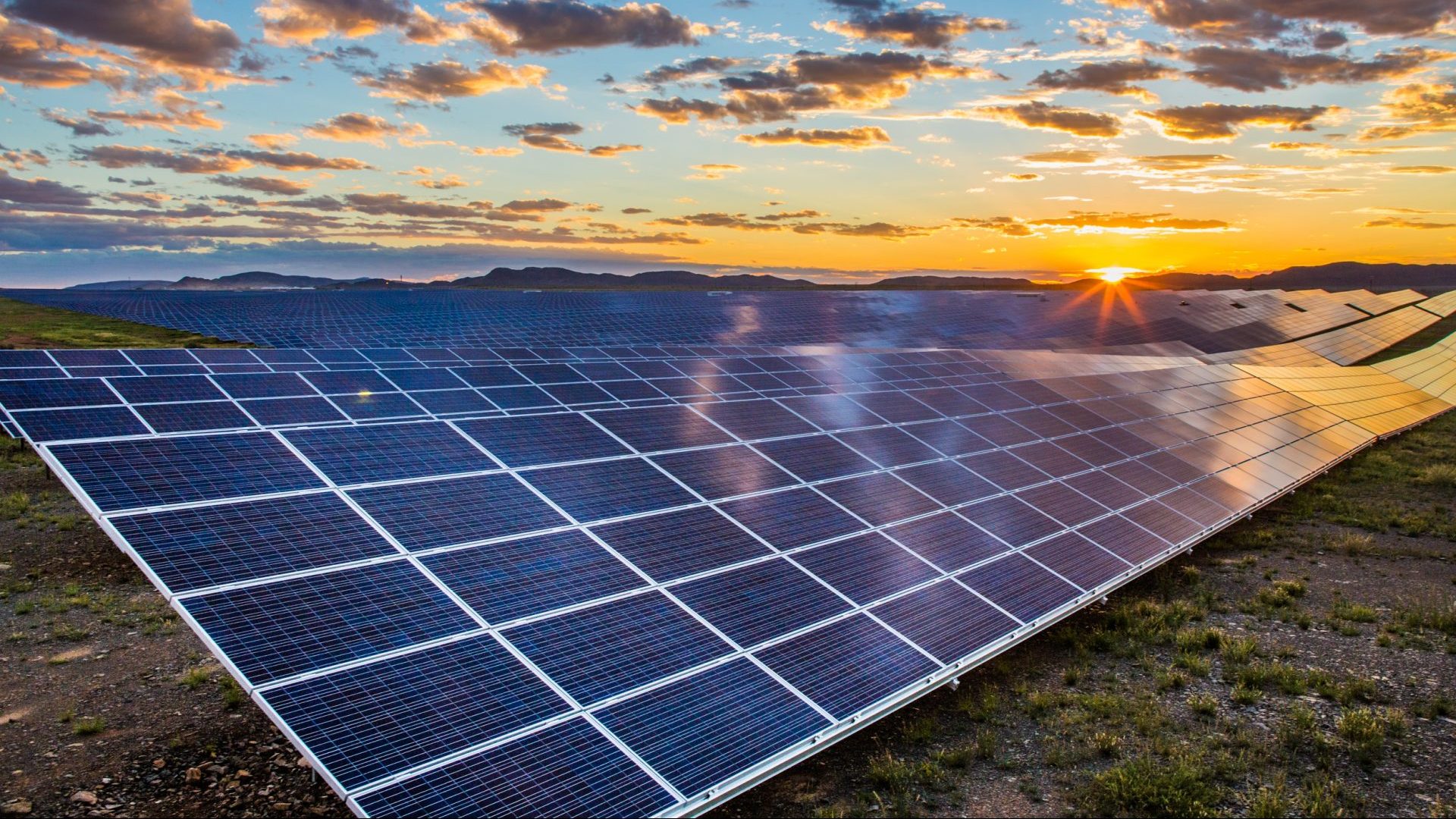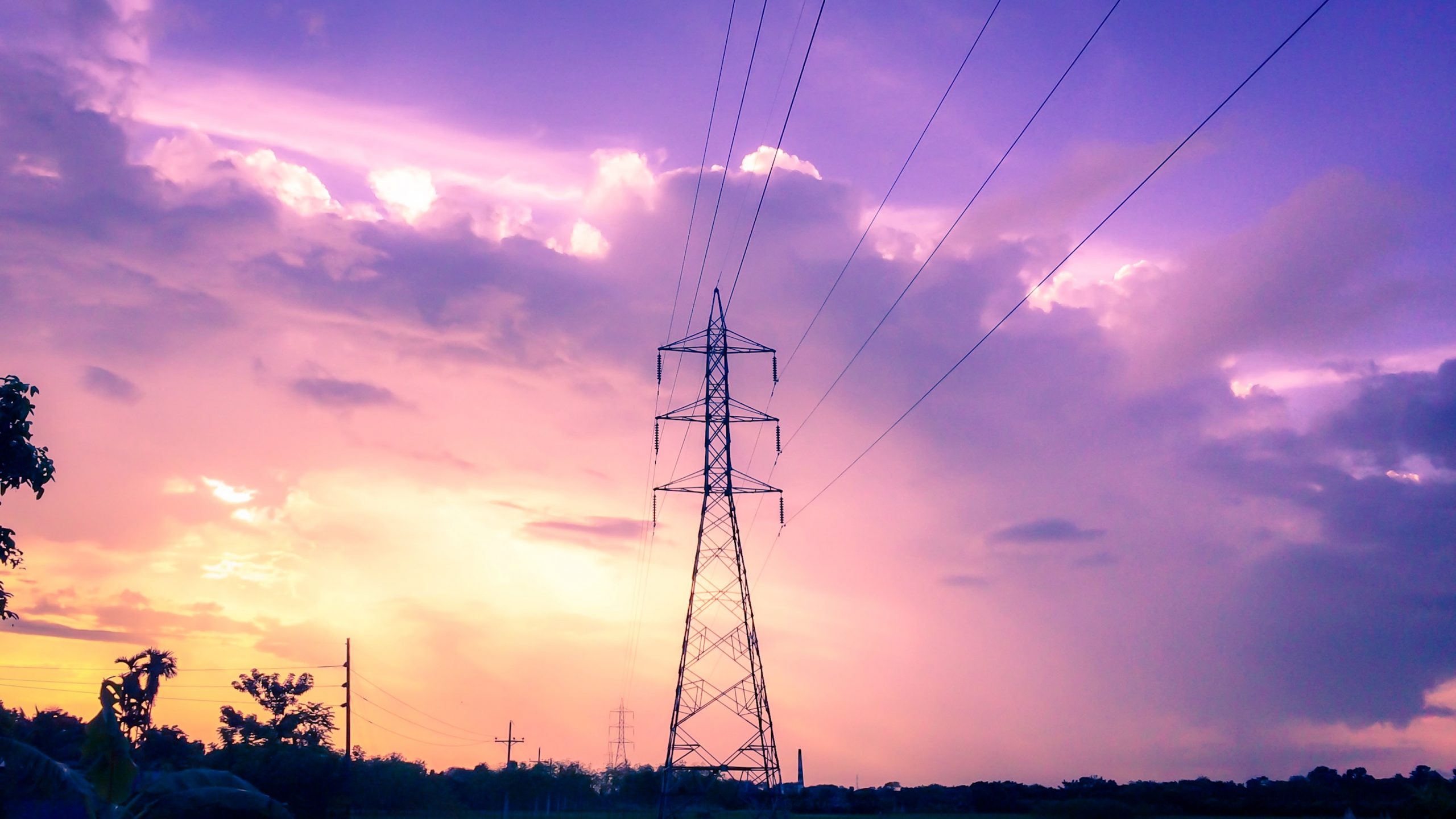Ethiopia has finalized preparations to commence the first phase of public-private partnership (PPP) program by launching the construction of two solar projects in the coming two months, Ministry of Finance disclosed.
In an exclusive interview with ENA, Ministry PPP Director-General Tilahun Tadesse said the country kicked off its first ever public-private partnership (PPP) program by approving 17 projects based on the detailed identifications of the first phase of the program.
Out of the approved projects, eight are solar, five hydropower, and the rest road projects.
“In this first phase of the project, two of the solar projects will be built in Afar and Somali regional states soon as they have passed all the required processes,” he added.
COVID-19 has, however, negatively affected the international companies selected to engage in the PPP process.
The trend of engaging in mega projects in general takes a long time due to the nature of the process because it depends on international standards, Tilahun said.
“Ours is faster than others in terms of mega projects, and our desire is to make it even faster than what it takes. But we need to follow all the processes of international standards,” he explained.
For the second phase of PPP, 8 projects are identified. Of these, five are wind powered energy projects and the others logistics, housing development, and health, it was learned.
According to the director-general, “the commitment of both the government and the private sector is encouraging and beyond our expectations. International institutions, including the World Bank, have been involved in consultations. The one and the most important thing is having internationally standardized legal framework.”
The legal frameworks and the confidentiality witnessed are the major pushing factors for inspiring the international companies to engage in Ethiopia’s PPP projects, he further stated.
Addis Ababa University Associate Professor, Assefa Admasse said on his part PPP is significant to fill the gaps in both sectors. Both parties could benefit from the program.
He stressed that “PPP needs trust. There were hesitations by both parties in general and the government in particular in the past. The government at times suspected the private sector of ill-intentions.”
The other reason for slowing the process of PPP is capacity. The associate professor advised both parties to enhance their capacities.
SOURCE: Africa Energy Portal

Ethiopia has cleared the way for Safaricom to introduce M-Pesa in the market of 110 million people after deciding to include the ...

Egyptian largest private sector bank by assets Commercial International Bank (CIB) is seeking to acquire more banks to strengthen ...

The European Investment Bank and International Solar Alliance have published a study outlining access solutions to overcome key ...

Kenya has been ranked the top country in the world in reducing population with no access to electricity, pointing to the impact ...